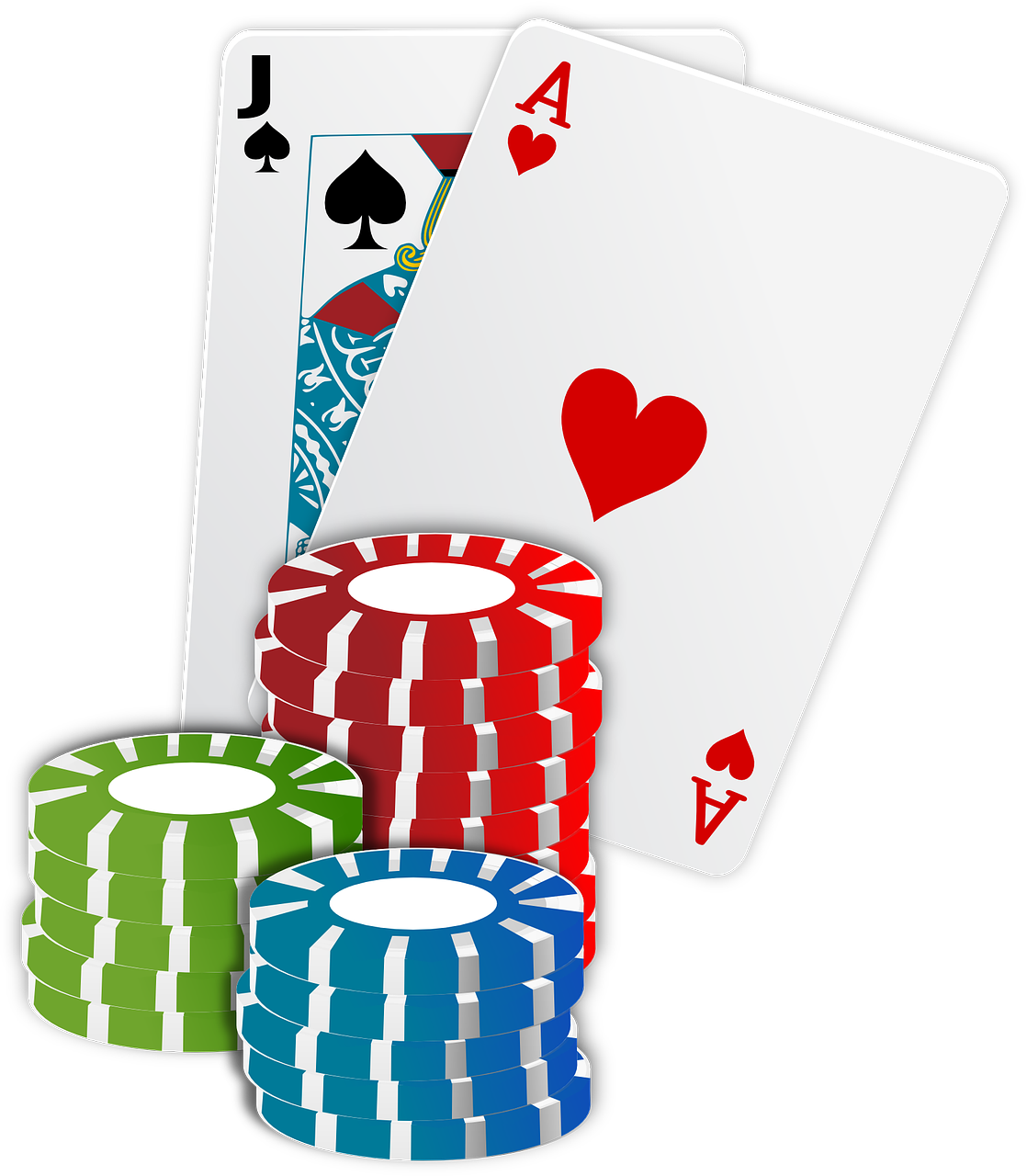When playing poker, sometimes you have to know when to hold ’em and fold ’em.
A huge part of playing poker is your starting hands. These are the first two cards you are dealt with before the flop (the first three community cards), and they play a significant role in whether or not you will win the hand.
Sure, some hands are considered to be very strong, such as aces or kings. However, even with these strong starting hands, there are still situations where it might be better to fold instead of staying in the hand and trying to win.
Here are 6 scenarios when you should fold even if you have a strong starting hand:

1) If everyone is aggressively betting pre-flop
While the pot getting raised up and up might be tempting, you might have to consider that maybe the other players do have a stronger hand. It is not worth putting all your poker chips in only to lose and force you out of the poker game. This is especially tricky if you play in a tournament’s early stages.
Be extra cautious, and base it on your hand’s strength. Unless you have a pair of aces or kings, the risk might be too much if it means losing all of your poker chips in one game.
Pro tip: Know your starting hand strength
This ranges from very weak hands like 2-7 offsuit to strong hands like aces or kings. Memorize each starting hand and their odds of winning to make better decisions at the poker table.
Want to learn how to play poker and learn the guides that will help you master the game? Then sign up at GGPoker now! Start with some free poker online!
2) You are heads-up against a tight player who just raised
This is a scary situation because it means that the other player is either confident in their hand or is trying to bluff. If you are up against a tight player, they will likely have a good hand. In this case, you should probably fold unless you have a very strong hand yourself.
Pro Tip: Learn your opponents playing styles
Knowing when to play strong hands and when to fold them would be easier if you knew how your opponents play. If they are tight, they are less likely to bluff and more likely to have a good hand.
On the other hand, they might be more likely to bluff if they are loose.

3) When you are on a draw and the pot is big
In this situation, you have some of the cards you need for a winning hand, but not all of them. For example, you might have two spades but need one more for a flush.
The pot might be tempting because you will win a lot of money if you hit your draw. However, if you do not hit your draw, you will also lose much. This is especially risky if there are many players still in the hand.
In this case, you should only stay in the hand if you have pot odds that make it worth your while. Pot odds are the ratio of the money in the pot to how much you have to bet to stay in the hand.
For example, if the pot is $100 and you have to bet $10 to stay in the hand, then your pot odds are 10:1. This means that for every $1 you bet, you could potentially win $10. In this case, it might be worth taking the risk and staying in the hand. However, if your pot odds are not good, you should probably just fold.
4) If the flop comes and it hits someone else’s hand harder than yours
For example, if you have a pair of kings and the flop (the first three community cards) comes down with two aces and a queen, then someone else at the table has a better chance of making a full house or even four of a kind. In this case, you should fold because it is not worth trying to make a hand that is not likely to win.

5) If someone goes all-in and you are not sure if you can beat them
If another player goes all-in (betting all of their chips), then you have to decide if you want to call their bet or not. This is a tough decision because if you call and they have a better hand, you could lose all your chips.
However, if you fold, you might miss out on winning a big pot. In this case, you should use your best judgment and try to read the other player. If you think they might be bluffing or the pot is big enough, you might want to call their bet.
However, if you are unsure or the pot is not that big, then it is probably better to just fold and save your chips for another hand.
6) If you have been raised pre-flop and your hand is marginal
This is a situation where someone has raised the betting amount before the flop (the first three community cards), and you are not sure if your hand is good enough to win.
For example, let us say you have a hand like an A-10 offsuit. This hand is considered marginal because it is not a great starting hand, but it is not terrible, either. In this case, you should probably just fold because the other player is raising with a better hand.
Pro Tip: Mind Your Position
When you are in a late position, meaning that you are one of the last players to act in a round, this gives you a big advantage. You can see how everyone else has acted and base your decision on that information. This means you can decide whether you should fold your strong hand or not.
Strength in folding!
Sometimes it is better just to fold your hand and wait for a better opportunity. Understanding when to fold can save yourself much money and increase your chances of winning in the long run.
So, next time you play poker, remember to pay attention to the other players, the size of the pot, and your own hand. This will help you make better decisions and hopefully lead to more wins!















